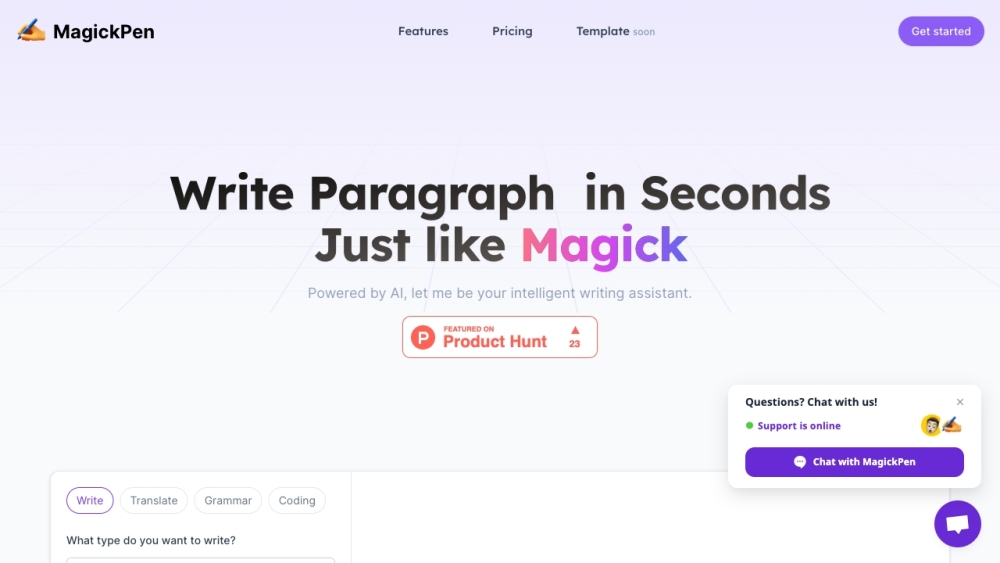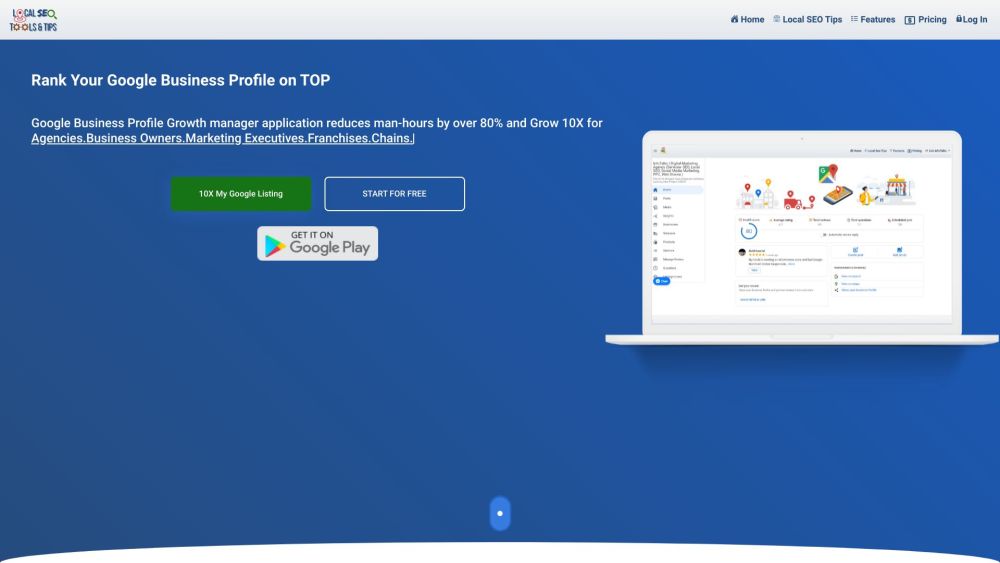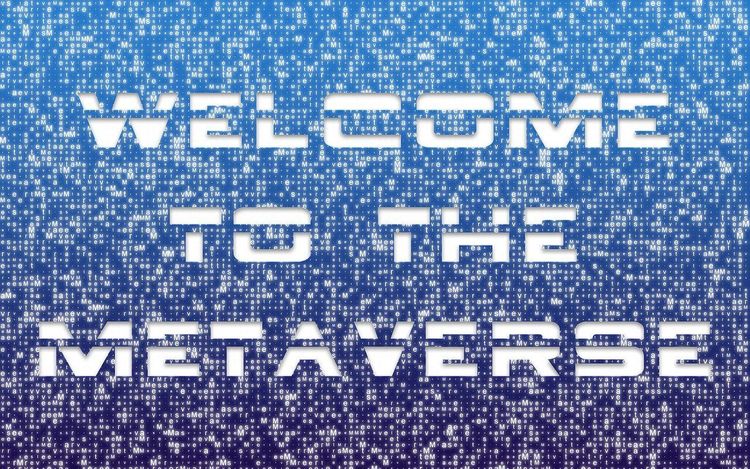A major announcement from the U.S. Department of Homeland Security (DHS) is making waves. This powerful agency, which oversees a range of national security matters, has recently rolled out a new tool—DHSChat, an AI-powered chatbot designed for use by the department's approximately 19,000 employees. This tool acts as a highly intelligent "personal assistant," leveraging the magic of generative AI to enable quick and easy access to departmental information.
DHSChat is one of the latest experimental projects spearheaded by Secretary Alejandro Mayorkas, following the success of previous generative AI initiatives focused on areas like "rapid fentanyl detection" and "finding missing children." With these innovative efforts, it seems that the Department of Homeland Security (DHS) is gaining momentum in its journey toward technological empowerment. Secretary Mayorkas has acknowledged, however, that DHSChat is still in its "early learning" phase—like a child taking its first steps—and needs to be monitored carefully to address any issues as they arise, all while remaining humble and vigilant.
The "Limits" of DHSChat and the Power of the AI Corps
However, DHSChat is not just an open-ended AI that can access any information. The department has carefully established several "red lines" to protect sensitive data. It is explicitly restricted from handling personal information such as social security numbers, medical records, and details about refugees, asylum seekers, or those seeking relief under the Violence Against Women Act. Additionally, classified information, as well as data related to critical infrastructure, is off-limits for the AI, ensuring that privacy and security are top priorities.
This all ties into the work of the newly formed AI Corps within the department. Secretary Mayorkas has spoken highly of this team, crediting them for the rapid development of DHSChat. The AI Corps’ recruitment efforts began in February with a clear goal of hiring 50 industry experts. To date, the team has successfully brought in 39 members, with an additional 6 to 8 on their way to joining this tech-driven team.
Mayorkas’ Final Days: What Lies Ahead for AI?
As Secretary Mayorkas nears the end of his term, he reflects on his tenure, which has been far from smooth sailing. He faced impeachment due to discontent from House Republicans regarding the Biden administration’s border policies, but the Senate dismissed the impeachment on constitutional grounds, allowing him to continue his work. As his term comes to a close, he remains focused on his goal of highlighting the value of AI investment to the incoming government. He hopes to see AI make strides in even more areas, such as facilitating easier access to criminal reports, which could significantly improve law enforcement efficiency.
However, challenges loom. The incoming Trump administration has already announced plans to strengthen border policies and pursue large-scale deportations. There is also talk of a new advisory group, led by Elon Musk, which may push for significant reductions in federal employees. In this context, it remains uncertain whether AI will continue to receive the same level of attention and support. Furthermore, while the current administration is highly attuned to the risks posed by AI—such as biases and civil liberties concerns—it remains to be seen whether the Trump administration will be as focused on these issues. As Mayorkas prepares to leave office, he urges the new government to prioritize these protective measures, stressing that they are key to ensuring the long-term success of generative AI. He also revealed that some tech companies have been cautious in their collaborations, even under a Democratic administration, depending on specific policies.






